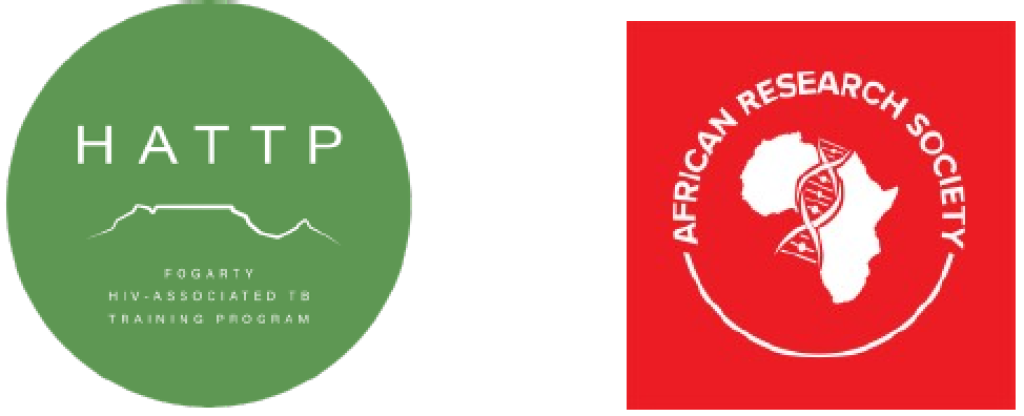Fogarty HATTP and African Society Workshop 14th August 2024 at 18h00



A workshop jointly organized by the UCT Health Sciences Students’ African Research Society (ARS) and the Fogarty HATTP program was held on Wednesday 14th August 2024 as an in-person meeting.
The topic of the meeting was: “Navigating Ethical Boundaries”

The venue was Frances Ames Room in the Barnard Fuller building at the Faculty of Health Sciences, UCT.
Professor Graeme Meintjes, Principal Investigator for HATTP, chaired the meeting with Michael Goldschagg, Director of Capacity Building for ARS. Following Michael’s introduction and Professor Meintjes’ welcome to the ARS members and Fogarty HATTP Fellows, the guest speaker, Professor Marc Blockman was introduced. He is the Chair of the UCT Faculty of Health Sciences Human Research Ethics Committee.
Professor Blockman presented an overview of the importance of ethical review for all research as well as the processes followed by the UCT committee.
Two of the Fogarty HATTP fellows then presented the important process of obtaining informed consent from all research participants. Both Dr Linda Boloko and Dr Bianca Sossen are Clinical PhD students who have been supported by the Fogarty HATTP grant.
Tsaiyu Shih, MBChB student, presented a summary of 2 papers regarding enrolling patients with depressed level of consciousness in critical research in emergency settings and the processes of next of kin and deferred consent. This requires carefully thought out processes with specific Standard Operating Procedures and ethics committee approval.
Professors Meintjes and Blockman engaged with many interesting questions from the group and emphasised that all research must have value.
Some of the questions posed by the students:
- General information on requirements when applying for ethics approval
- How to protect vulnerable children in a study?
- Where do you draw the line between scientific advancement and moral dilemmas?
- What are some common ethical challenges that the researchers in our field tend to encounter?
- If an incapacitated individual is not married and has no parents but has siblings and children, who has the most say?
- How does the ethics committee determine that a study is ethical?
- Can ethical approval be withdrawn after it has been granted?
Professor Meintjes ended the meeting with thanks to all the presenters.
Following the meeting Luyanda Hlongwa, on behalf of the ARS Committee, sent the following message of thanks: We would like to express our sincere gratitude for your invaluable contributions to the recent Ethics workshop, held in collaboration with Fogarty. Your expertise and insights were instrumental in equipping our aspiring researchers with essential knowledge in ethics.
